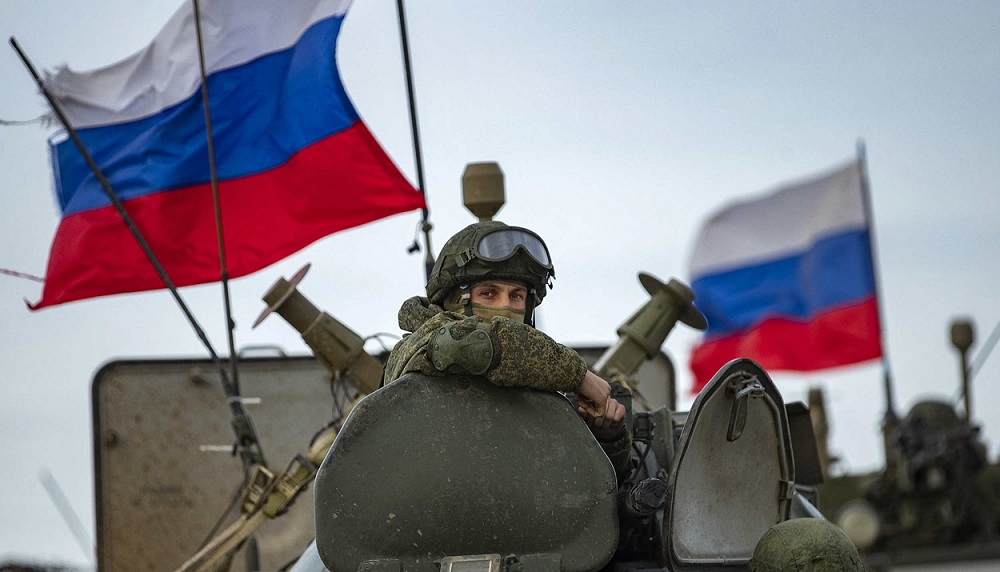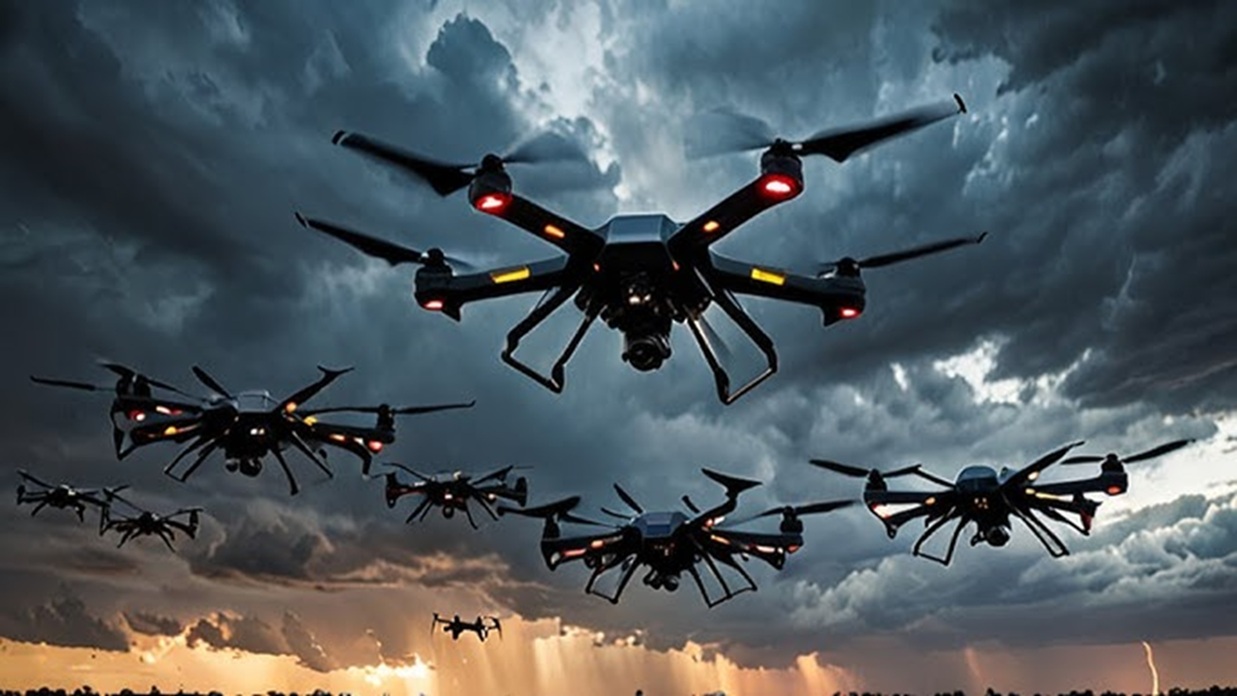The Wagner Group is a Russian private military company (PMC) that has been operating in various conflict zones around the world, including Ukraine, Syria, Libya, and Sudan. The company is named after its founder, Yevgeny Prigozhin, formerly “The Chef,” a close associate of Russian President Vladimir Putin. The group is known for its involvement in the Ukrainian conflict and has been accused of being a tool of Russian foreign policy. The group’s activities are shrouded in secrecy, and it is difficult to determine the exact size and structure of the organisation. However, it is believed that the group has several thousand fighters, including former Russian military personnel and private mercenaries from other countries.
The Wagner Group has played a significant role in the ongoing conflict in Ukraine. The group is believed to have been involved in the annexation of Crimea by Russia in 2014 and has since been involved in the fighting in eastern Ukraine. Wagner’s fighters have been accused of carrying out military operations on behalf of the Russian government, including seizing territory and conducting reconnaissance missions. The group has also been accused of committing war crimes, including the killing of civilians and prisoners of war. The group’s activities have been controversial, and its involvement in the conflict has been seen by many as an attempt by Russia to exert its influence and win over Ukraine. This use of private militia has a number of concerns, along with the legitimization of private mercenaries. The Wagner operatives are believed to work in close contact with Russia’s GRU, FSB, and armed forces.
Bakhmut’s Capture
After months of terrible warfare, Yevgeny Prigozhin asserted that his forces had gained total control of Bakhmut in eastern Ukraine. The campaign to conquer Bakhmut lasted 224 days, trying to declare a conclusive victory in the city. The Battle of Bakhmut was the most extensive and intense in the current Ukraine War. The Russian shelling has left Bakhmut a smouldering wasteland, with only a few structures remaining. In the rubble, Russian and Ukrainian forces fought fierce house-to-house clashes.
Importance of Bakhmut
The Kremlin’s continued emphasis on territory grabs regardless of casualties implies that Russian strategic goals are severely depleting the Russian army. According to military specialists, Bakhmut has limited strategic importance. It is not a military town, a transportation centre, or a large population centre. There were around 70,000 individuals living there prior to the invasion. The city was most known for its salt and gypsum mines, as well as its massive wineries. It is not geographically significant.
Despite this, Russia is mobilising massive military forces to seize the city. So far, between 20,000 and 30,000 Russian troops have been killed or injured in and around Bakhmut, according to Western authorities. 1
So, why are Russia and Ukraine battling so fiercely over this heap of rubble? Why are both sides sacrificing so many men to attack and defend this city in a fight that has lasted the longest in this war? Why is Wagner invested in it heavily?
Control of Bakhmut would be a big symbolic success for the Russians, who had invested much in it, especially “The Chef.” Bakhmut, as a regional transport and logistical centre, might prove valuable to Russian forces, depending on how much of its infrastructure remains intact. More crucially, it would provide a stepping stone for Russia to march on two larger cities in the Donetsk area that it has long desired: Kramatorsk and Sloviansk. With the conquest of Bakhmut, Russia is attempting to shut off all supply routes leading to Lysychansk, where a blockade is planned. 2
The use of private militia did give Russia the upper hand in Bakhmut. Still, it raised several other questions as well regarding the use and legitimization of private militia, the destabilisation of war zones, and the privatisation of war, which leads to a lack of accountability.
Legitimization of private militia
The issue of the legitimization of private militias in wars is a complex and controversial one. On the one hand, private militias can provide valuable support to governments and other armed groups in conflict zones, particularly in situations where state forces are insufficient or unable to carry out the necessary operations. Private militias can also offer specialised skills and expertise that may not be available within state forces.
On the other hand, the use of private militias raises a number of concerns, including accountability, human rights violations, and the potential for these groups to undermine the authority of the state. Private militias often operate outside the law and are not subject to the same regulations and oversight as state forces, which acts as a double-edged sword. Since they are not constrained by the Vienna Conventions or the ICJ, this can result in abuses and violations of human rights, including the death of civilians and other war crimes. Moreover, private militias may have their own agendas and interests, which may not align with those of the state or the broader public interest.
The Destabilisation of War Zones
The chef’s group has also been accused of being involved in the conflict in Syria, where it has been accused of carrying out attacks on civilians and supporting the regime of Syrian President Bashar al-Assad. Wagner’s activities have drawn criticism from Western governments and human rights groups, who have called for greater regulation of private military companies and greater accountability for their actions in conflict zones.
The French military published satellite data and drone footage on April 22, 2022, revealing an effort by Russian Wagner Group mercenaries to create a proof of French crimes near an army post in Gossi, northern Mali. Wagner troops were seen arriving at the base and laying corpses in shallow mass graves in order to fabricate proof of mass executions by French forces. France handed over responsibility for the base to the Malian armed forces earlier that week when French troops left the nation. Which led to the undermining of French efforts in West Africa in favour of Russian alliances.3
There will be no winners in this war; only the lesser loser will be declared the victor in the international community, and the use of PMCs and Wagner will be justified on the basis of the end.
Title image courtesy: Middle East Eye
Disclaimer: The views and opinions expressed by the author do not necessarily reflect the views of the Government of India and Defence Research and Studies
Citations
- BBC News. “Ukraine War: Why Bakhmut Matters for Russia and Ukraine,” n.d. https://www.bbc.com/news/world-europe-64877991.
- AFP. “Wagner Chief Claims Complete Capture of Bakhmut – The Moscow Times.” The Moscow Times, May 20, 2023. https://www.themoscowtimes.com/2023/05/20/wagner-chief-claims-complete-capture-of-bakhmut-a81217.
- Doxsee, Catrina, and Jared Thompson. “Massacres, Executions, and Falsified Graves: The Wagner Group’s Mounting Humanitarian Cost in Mali.” Massacres, Executions, and Falsified Graves: The Wagner Group’s Mounting Humanitarian Cost in Mali, n.d. https://www.csis.org/analysis/massacres-executions-and-falsified-graves-wagner-groups-mounting-humanitarian-cost-mali.





